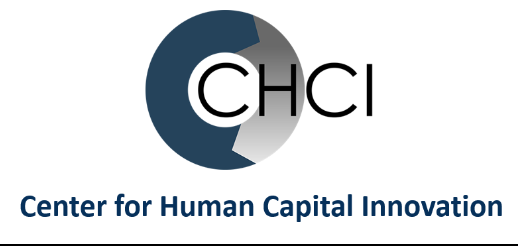
Empowering Change with Emotional Intelligence
Emotional Intelligence (EI) is the ability to understand and manage one’s own emotions, as well as the emotions of others. Change management is the process of planning and implementing changes within an organization in a controlled and organized manner. The goal of change management is to minimize disruption and maximize the benefits of change.
Emotional intelligence and change management are interconnected, as they both aim to address the human aspect of organizational change. By incorporating EI into change management, organizations can better understand and address employee emotions and concerns, leading to increased buy-in and support for change initiatives.
Let’s delve deeper into how emotional intelligence can support change management efforts:
1. Better Understanding of Employees: Change can be a stressful and emotional experience for employees; they may resist change initiatives if they don’t understand the reasoning behind them. With high EI, change managers can better understand the emotional reactions of employees to change and address their concerns. They can also use empathy and active listening to build trust and rapport with employees, which can reduce resistance to change.
Below are a few tips to better understand and support employees during periods of change:
- Show empathy: Try to put yourself in the shoes of employees and understand their emotions and perspectives. This can help you address their concerns and create a more supportive environment.
- Practice active self-awareness: It’s important to understand your own emotions and reactions to change, in order to effectively manage the emotions of others. Practice self-reflection and self-care.
- Provide support and resources: Offer resources and support to help employees adjust to change, such as training, counseling, or coaching.
2. Improved Communication: Effective communication is critical to successful change management, and EI enables change managers to communicate more effectively with employees, stakeholders, and customers. With high EI, they can tailor their communication style to the emotions of the recipient, reducing misunderstandings and increasing the chances of a successful change outcome.
Use these tips for improved communication during periods of change:
- Use active listening: Pay attention to what employees are saying and how they are feeling.
- Be transparent: Explain the reasons for change and the impact it will have on employees. Communicate regularly and clearly with employees to keep them informed and address any questions or concerns they may have.
- Be responsive: Respond quickly to employee questions and concerns, taking steps to address them in a timely and effective manner.
3. Conflict Resolution: Change can often lead to conflicts within an organization; these conflicts can hinder the success of change initiatives. With high EI, change managers can understand and manage their own emotions and those of others, reducing the impact of conflict on the change process. They can also use conflict resolution skills, such as negotiation and mediation, to resolve conflicts in a constructive and collaborative manner.
Employ these tips to resolve conflicts during times of change:
- Find common ground: Look for areas of agreement and common goals among employees. This can help to build a foundation for resolving conflict.
- Brainstorm solutions: Encourage employees to brainstorm solutions together and work towards a mutually beneficial outcome.
- Seek mediation: If conflict cannot be resolved through open communication and collaboration, seek the assistance of a neutral third party to mediate the situation.
4. Adaptability: Change is constant, and organizations must be able to adapt to new situations and respond to changing emotions effectively. With high EI, change managers can recognize and manage their own emotions in response to change, and they can help employees to do the same. This can help organizations manage change more effectively, reducing the risk of failure and increasing the chances of success.
Read on for some tips to promote adaptability during times of change using emotional intelligence:
- Encourage a growth mindset: Encourage employees to view change as an opportunity for growth and development. This can help to foster a positive attitude toward change.
- Embrace uncertainty: Change often involves uncertainty, but it can be helpful to embrace this uncertainty and focus on finding opportunities for growth and improvement.
- Build resilience: Developing resilience can help individuals and organizations better adapt to change. Seek support when needed to maintain resilience during times of change.
To sum up, emotional intelligence is a crucial skill for change managers in today’s fast-paced business environment. By leveraging their EI skills, change managers can improve communication, better understand employees, resolve conflicts, and adapt to change effectively. This helps build trust and buy-in from employees, reducing resistance to change and increasing the chances of a successful change outcome. With emotional intelligence, change managers can lead change initiatives with confidence and drive positive results for their organizations.
How has your organization addressed resistance to change in the past? Has emotional intelligence played a role in your change management processes? I would love to hear about it. Let us share experiences. Leave a comment below, send me an email, or find me on Twitter.

